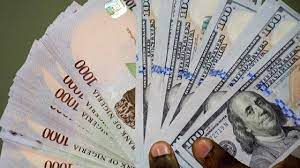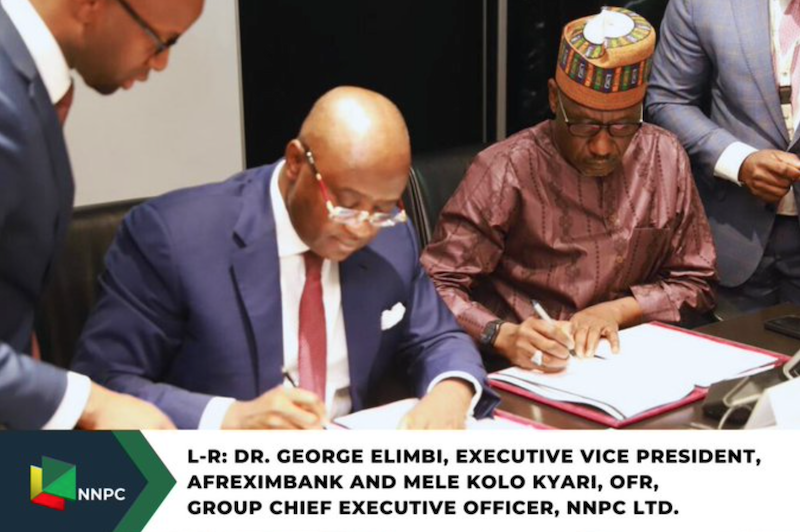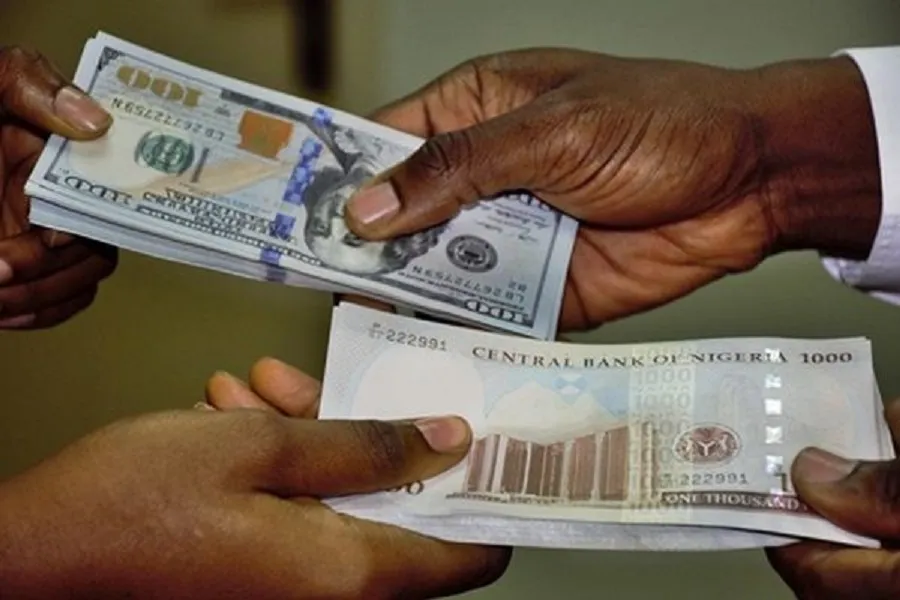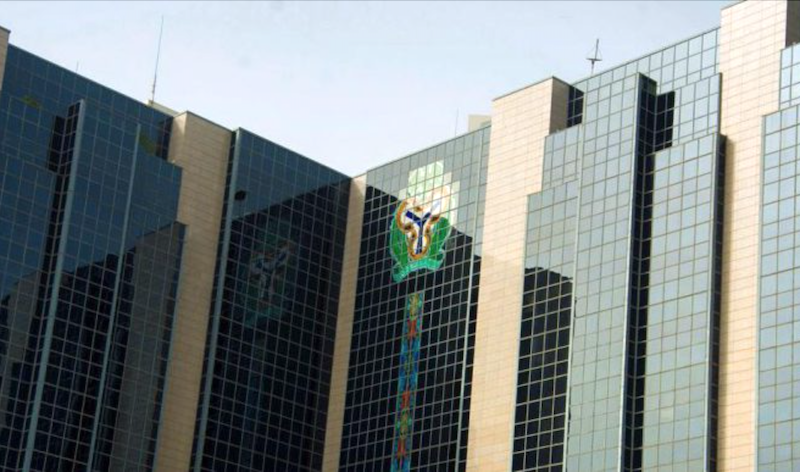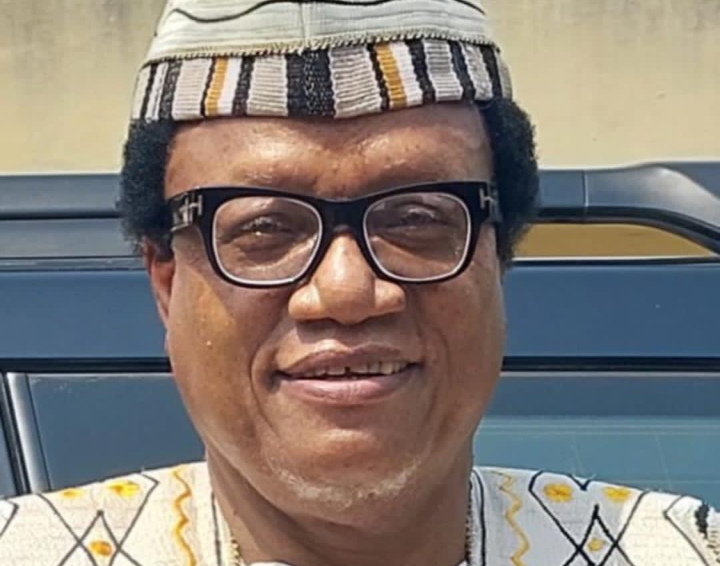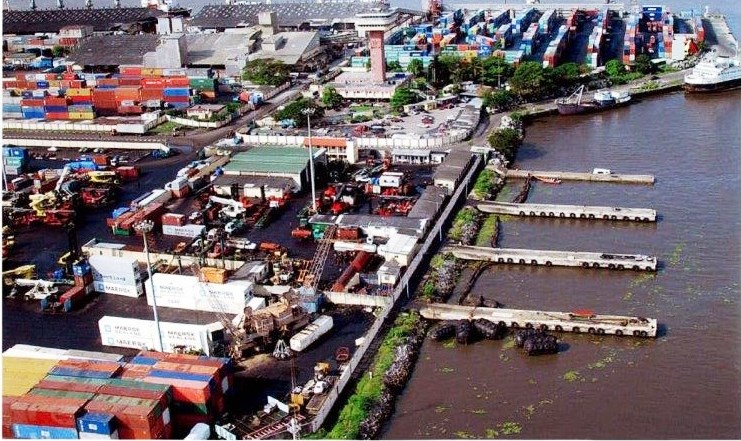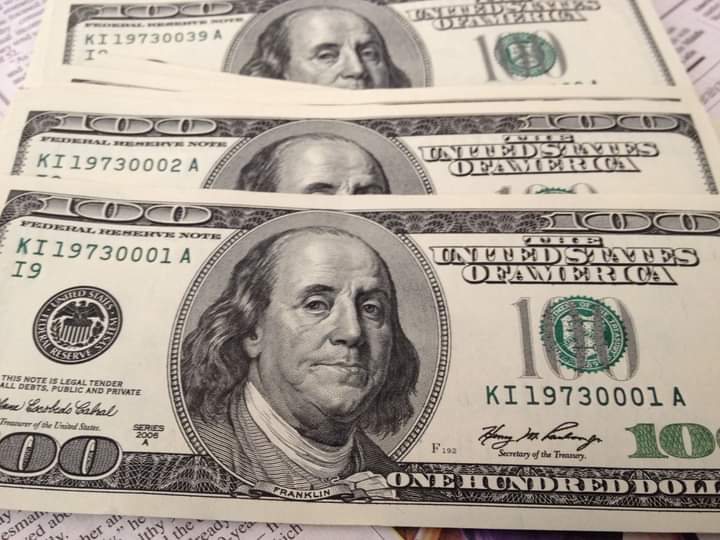Indeed Naira, the Nigerian legal tender, has no religion, tribe or tongue. It is common to all of us as Nigerians and foreign nationals whose businesses involve cash exchanges in the Nigerian currency. Anything that happens to the Naira affects everyone who transacts with it.
As is the case with the currencies of other nations, the value of the Naira is not determined by some gods, prayers or incantations. Nor is it by a group of Nigerian eggheads sitting on a round table to apportion value to it. The Naira’s volatility, weakness, stability or strength is a function of the economic choices we make and the forces of demand and supply. Unfortunately, these two factors have combined and conspired against the Naira now more than in the past.
The Naira has witnessed a steady decline since the Federal Government announced the floating of the Naira. It has lost more than 40% value against the US Dollar within two months of implementation of the policy. This is the most significant drop in its history. As expected, the Naira crisis has caused unprecedented economic uncertainty and hardship in the country. Prices of goods and services have gone off the roof. Fuel price has more than doubled and inflation rate is at an all-time high. Nigerians paying international school fees and medical bills abroad now know that the rich also cry. Everybody in Nigeria is feeling the pinch one way or another.
But the fall of the Naira did not start now. Its tragic history dates to 1983 when it began the nosedive and has not ameliorated till date.
From the 1960s to the 1980s, the Naira was relatively stable against the US Dollar. However, Nigeria faced economic challenges due to fluctuations in global oil prices and mismanagement of her oil resources. In 1983, 1 USD was exchanged for about 72 kobo. But by 1986 when Nigeria implemented a World Bank-induced currency devaluation due to falling oil prices and economic difficulties, the Naira fell to exchanging at about N9 to 1 USD by 1990. The Naira faced further significant devaluation as Nigeria dealt with economic and political instability in the 90s. In the year 2000, 1 USD was exchanged for about N85 at the official window. To stem the decline in its value, the Naira was pegged to the US Dollar for a period; even though removing this peg eventually led to further devaluation. In 2010, 1 USD was exchanged for about N150 officially but not at the notorious black market. In the 2010s, the Naira experienced several devaluations partly due to oil price volatility and economic challenges. By 2020, 1 USD exchanged for about N360 at the official window.
In recent years, the Naira has continued to face challenges related to external factors. These include fluctuations in oil prices and the global economic impact of the COVID-19 pandemic. A few days ago, the Naira fell to an all-time low against the USD by exchanging between about N890-N930 to 1 USD.
Although I am not an economist, I will attempt a commonsensical interpretation and critical analysis of the continuous erosion of the Naira value and share some multidisciplinary perspective to the issue. First, let us examine the basics. The exchange rate is a function of factors. It is primarily the demand and supply of forex. The current crisis is principally one of supply. Our forex supply includes oil sale receipts, diaspora remittances and non-oil export proceeds. Oil receipts that depend on international prices have been hampered by factors like oil theft, invoicing and massive corruption in handling government revenue. We export little or no finished goods, given our low manufacturing base.
Our second source of forex is Diaspora remittances. These have been consistent at about $25bn annually. Foreign Direct Investments (FDI) bring in forex, but these have fallen significantly in recent years. Foreign loans are another source of forex into Nigeria. However, with Nigeria borrowing a lot recently for various projects and stabilising the economy the appetite for foreign loans is low. These sources, put together, are not enough to meet our massive demand for forex.
The demand side of this crisis is potent. Many factors fuel this considerable demand. The first is that successive poor management of our economy has eroded confidence in the local currency. Nigerians now price goods and services in USD and prefer to hold value in dollars. In addition, the US is the unscripted ‘official’ currency of Nigeria’s vast underground corruption economy. These illicit transactions are of such huge volume that they heavily pressure available dollar cash supplies. It is an open secret that some political payments made during the last election were made in USD, thus creating a scarcity of USD during the election season. Those who got these payments saved the excess in USD, thereby starving the market of Dollar cash.
For a predominantly import-dependent economy, legitimate import transactions take the form of the import of raw materials, finished goods, invisible and other services. For a population of over 220 million people, legitimate forex transactions are enough to put massive pressure on our external reserves. Those reserves have incidentally been heavily depleted by the recklessness of the managers of the economy in
our recent past who used part of our reserves to hedge against external loans. The alarming reality therefrom is this. Of an advertised foreign reserve of $38bn, only about $18 bn is unencumbered.
Another point to consider in this demand problem is this. It is made worse by the activities of currency speculators taking advantage of the limited quantity of USD in the system to cause havoc to an already stretched and volatile forex regime. Little wonder the forex crisis was exacerbated with the recent addition of oil subsidy removal and Naira floating policies. Although these policies are good economic policies, their fallout has negatively impacted the forex situation. The merged exchange rate regime converges all forex demand around the parallel market rate and this has remained volatile ever since the policy was implemented. The official market has little or no Dollars to offer hence the recent recourse to an Afrexim bank facility of $3bn to shore up the declining Naira and throw a lifeline to the economy. Even with liquidity in the official market, dealing with forex transactions is still very slow. Banks take weeks or sometimes months before consummating a forex transaction for most Nigerians. Most instant forex demand is in cash at the parallel market rate. This has kept the black market as active as ever, although one aim of floating the Naira is to eliminate the menace of the black market in the forex ecosystem. These failures have kept away some foreign and local investors with forex and made others reluctant to invest. Besides, oil importers need forex at the current rate to sustain imports.
Other psychosocial factors are enabling the Naira crisis and must be addressed. First, Nigerians have an excessive love for foreign goods and services. Related to it is the fact that we are not producing enough locally and our export is far lower than our import.
Second, our dependence on crude oil for decades has been our bane. Thus, fluctuations in crude oil prices in the international market have continued to keep the Naira very unstable. In relation, there is a nexus between the instability of the Naira, the massive corruption among the elites and concomitant misplaced priorities of the governing class. The opportunity costs of stolen funds are the lost structures and systems of production that Nigeria badly needs now to be productive. We have lost decades that we would have built capacity, created the much-needed physical and knowledge infrastructure and laid the foundation for an industrialised society. We have focused on survival and curbing poverty instead of productivity, innovation and growth which will eliminate poverty. We have been driving looking through the rear view mirror instead of looking forward to creating an industrialised society.
Third, the perception of our country at home and on the global scene is abysmal. Whilst most Nigerians in Diaspora are making great strides, news from Nigeria itself is depressing. We are battling with everything negative anyone can think of. Sadly, it seems we have accepted these things as the norm.
The current forex crisis and fall in the exchange value of the Naira resulted from a combination of all these factors. The task before the government then is to isolate and deal with these factors as clear and present economic challenges, each requiring informed tackling.
Addressing financial challenges and preventing a collapse of the Naira is a complex process that involves multiple factors. The success of any panoply of measures to tackle the erosion of the value of the Naira also depends on a number of factors . Starting point , the government should do some of the following: implement some Monetary Policy adjustments; Currency Stabilisation by intervening in the forex market; Fiscal Policy Reforms; Structural Reforms such as reducing corruption and promoting economic diversification; seek external assistance from international financial institutions; promoting export and reducing imports; enhancing Investor Confidence; providing transparent economic policies and strong governance, making stringent efforts to attract foreign investment; giving out clear communication about the steps being taken to address the situation; and tackle speculative activities in the forex market. The war to save the Naira from collapse is our collective responsibility. We must all come together to fight to save our Naira.
